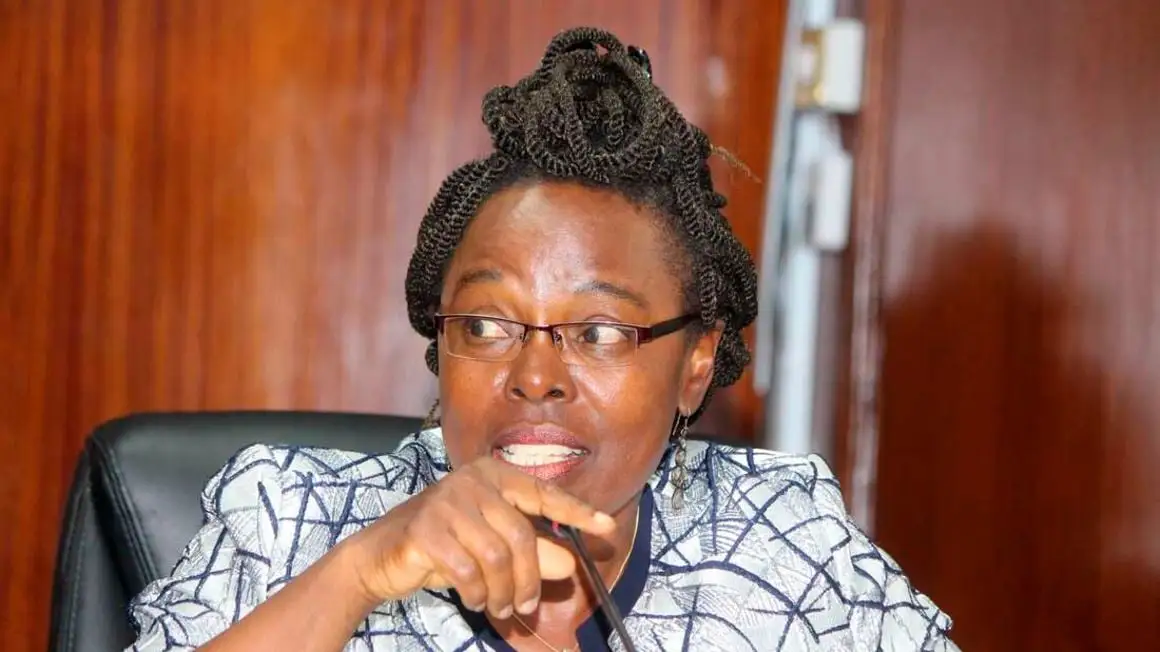Nigerian President Bola Tinubu has called upon the Senate to approve an external borrowing plan amounting to almost $8 billion. These funds are intended to support vital sectors like infrastructure, health, education, and security. Nigeria, grappling with economic challenges due to decreased tax revenue and oil exports, is looking to bridge the financial gap and accelerate critical project.00
Nigerian President Bola Tinubu has presented a proposal to the Senate, seeking their approval for an external borrowing plan totaling approximately $8 billion. This substantial financial injection is earmarked to fortify crucial sectors within the country, including infrastructure development, healthcare, education, and security. Nigeria, as the largest economy in Africa and a primary oil producer, is grappling with financial challenges arising from reduced tax collections and dwindling income from oil exports, a significant source of foreign currency.
In his communication to the Senate, President Tinubu requested $7.86 billion alongside an additional 100 million euros (equivalent to $105.40 million). While outlining this financial plan, the President did not specify the exact sources from which these funds would be acquired.
Nigeria has previously tapped into international credit markets, including the issuance of eurobonds, and has secured loans from prominent lenders such as the World Bank and the African Development Bank. These financial mechanisms have often been employed to support the national budget and various development initiatives.
President Tinubu emphasized the importance of this external borrowing plan, stating, “In view of the present economic realities facing the country, it has become imperative to use the external borrowing to bridge the financing gap which will be applied to key infrastructure projects including power, railway, health among others.” This borrowing is regarded as an essential step to address the pressing economic challenges that Nigeria confronts.
The Nigerian government is keen on promoting investments as an alternative to heavy reliance on borrowing. The goal is to stimulate job creation and facilitate the construction of vital infrastructure, reducing the need for consistent debt accumulation.
Furthermore, both the Senate and House of Assembly are presently deliberating on a supplementary budget totaling 2.176 trillion naira (equivalent to $2.8 billion). This supplementary budget is intended to address critical and time-sensitive concerns, including defense and security. A considerable portion of this budget allocation seeks to bolster these sectors.
Nigeria’s economic and budgetary landscape is undergoing substantial changes, and the government is taking significant steps to address its fiscal challenges and prioritize key areas of development.





